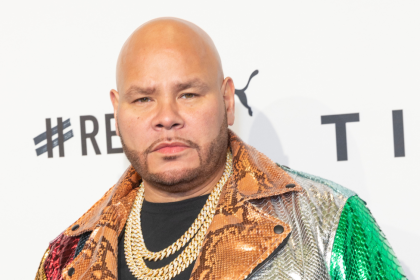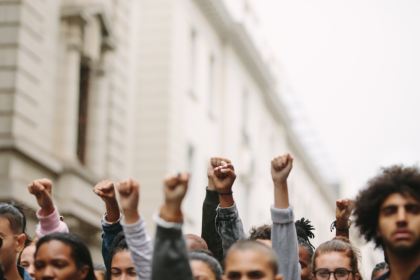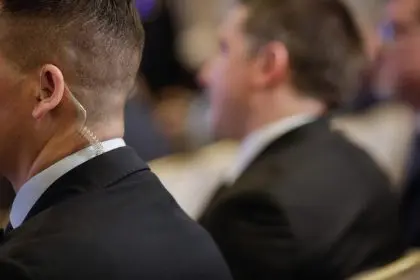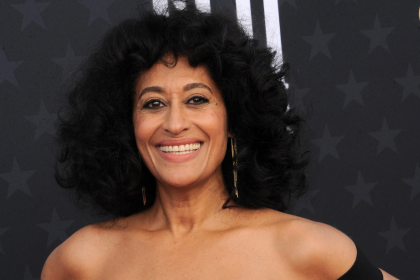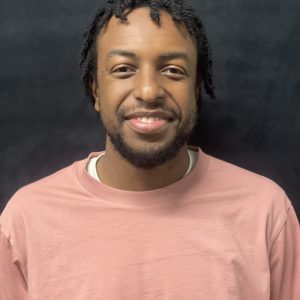
Maud Murimwa, a fifth-year medical student at Sumy State University in Eastern Ukraine, only had four months left to complete her degree and return home to Africa before the war with Russia began.
The medical student, who chose Sumy State because she had a cousin in Ukraine, made it out of the war-torn country and says she’s doing fine- for now.
“I’m [doing] OK,” Murimwa told rolling out. “Much better now that I’m somewhere else.”
While conditions have been tough for every Ukrainian resident, they are proving to be especially challenging for Black residents who have to deal with racism in a time of war.
Murimwa was able to flee Ukraine thanks to the help of Equal Chance president Gwen Madiba. Madiba said she didn’t know how she could help from so far away before realizing it could be a moment in history for Black organizations to save Black people. Madiba detailed more of the conditions Black people have faced in Ukraine.
Maud Murimwa: When you think of the racism that’s rearing its ugly head in the war, how did it impact you during the fighting?
I mostly felt [the racism] when I was finally able to leave Sumy and arrived at the train station. There was a preference for the White passengers in terms of entering the trains that were going to the West.
At that time, there were a lot of students at this train station. They organized it for there to be specific cabins for us, so when we got on the train, we could just enter those cabins directly that’d be open, we’d have somewhere to go, and it wouldn’t be full.
As we were going through the train, they were shouting at us, abusing us like we were just being so horrible for no reason. I understand we’re all under extreme stress in this situation, but it was so unnecessary. Once we managed to get through the train, they were pushing us and trying to stop us from getting to the cabins where we were supposed to be.
They didn’t let us get there. They wouldn’t let us pass through to the seats that had been assigned for us. For the whole 14-hour journey, we were standing.
What is your experience with the Ukrainian situation?
Gwen Madiba: We started assisting, not only students but vulnerable members of the community, like the Black men who were put in containers in the medial border of Poland.
MacKenzie, who’s one of our students [and is] part of our coalition from Zimbabwe, was severely beaten up at the border between Romania and Ukraine. A police officer told him “Black people should go to the back of the line.” He had been waiting for eight hours already at the front of the line and they kept letting White people pass in front of him. He got severely beaten.
He now suffers and has a broken shoulder. The officer stepped on his shoulder several times and kicked him. He’s currently at the military hospital in Romania. We actually found a Black doctor, who’s from Kenya in Romania, and speaks Romanian fluently. She’s been assisting us and is our lead doctor there.


